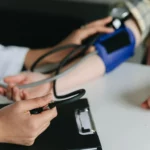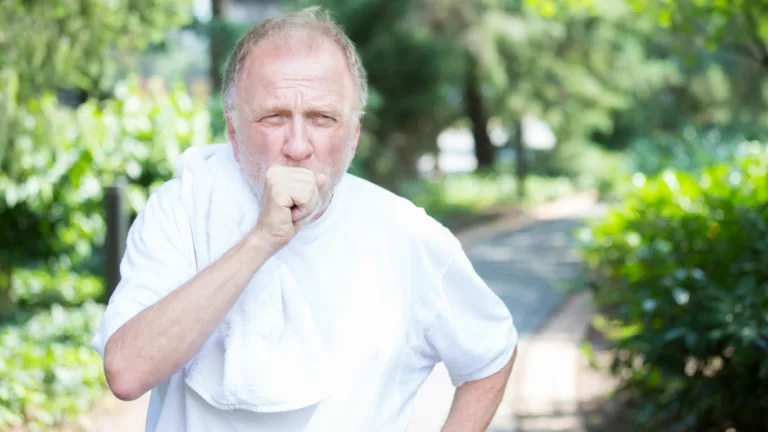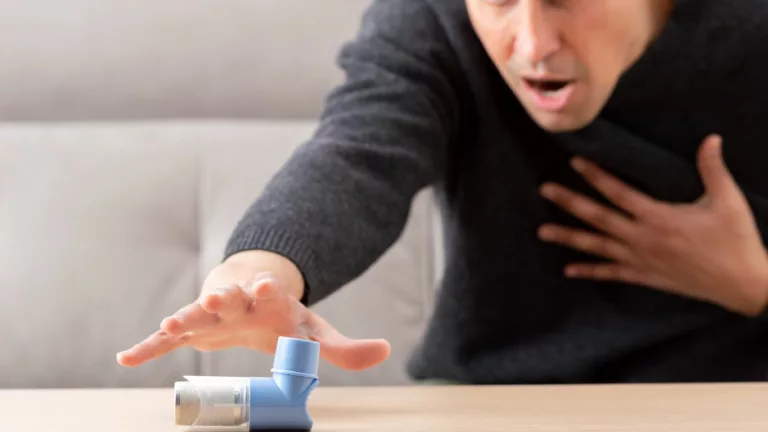Tips for Reducing Stress and Lowering Blood Pressure – Your Go-To Guide
Stress and high blood pressure don’t mix well. Fortunately, there are plenty of ways to tackle both, and we’re here to share the most effective tips for reducing stress and lowering your blood pressure. It’s all about finding balance, taking a breather, and making small lifestyle changes that add up in a big way.
We’ve all been there—feeling stressed out and noticing that little rise in blood pressure. Whether it’s a hectic workday, family drama, or just life piling up on you, stress can creep in and raise your blood pressure before you even realize it. But don’t worry, there’s good news: you can take control of your stress levels and lower your blood pressure with just a few simple steps. In this article, we’ll dive into some real, practical tips that can help you chill out, feel better, and keep your blood pressure in check. Let’s jump right in!

Why Stress Affects Your Blood Pressure
Before we get into the tips, let’s quickly talk about why stress impacts blood pressure. When you’re stressed, your body releases stress hormones like adrenaline and cortisol. These hormones make your heart beat faster and your blood vessels tighten, which leads to an increase in blood pressure. The kicker? If you’re constantly stressed, it can lead to long-term high blood pressure (hypertension), which can be dangerous. But don’t worry; managing stress can go a long way toward bringing those levels down.
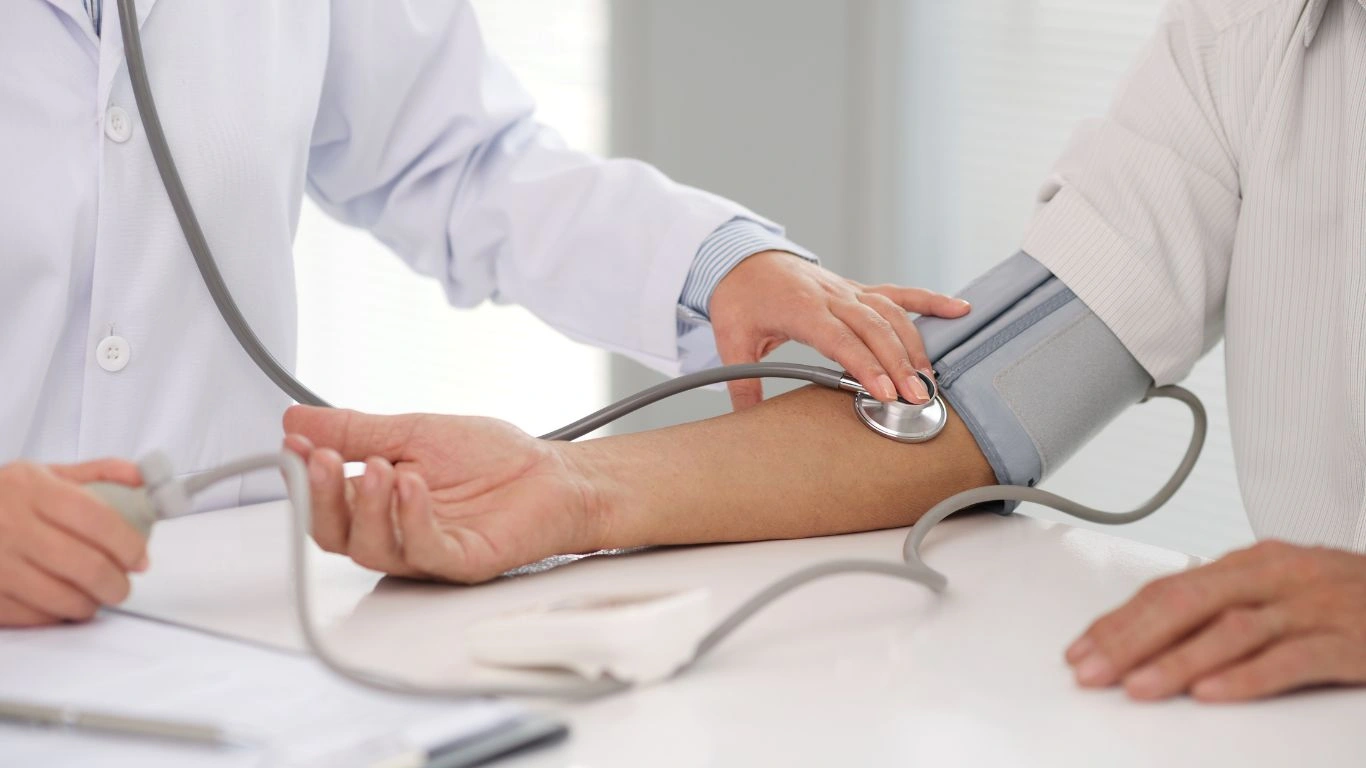
1. Practice Deep Breathing
One of the quickest ways to lower stress and blood pressure is by taking a few minutes to focus on your breathing. When you’re stressed, your breathing tends to become shallow and rapid, which can make your stress worse. Instead, try deep breathing exercises like the 4-7-8 method: inhale through your nose for 4 seconds, hold for 7 seconds, and exhale slowly through your mouth for 8 seconds. This simple technique can help calm your nervous system and lower blood pressure by promoting relaxation.
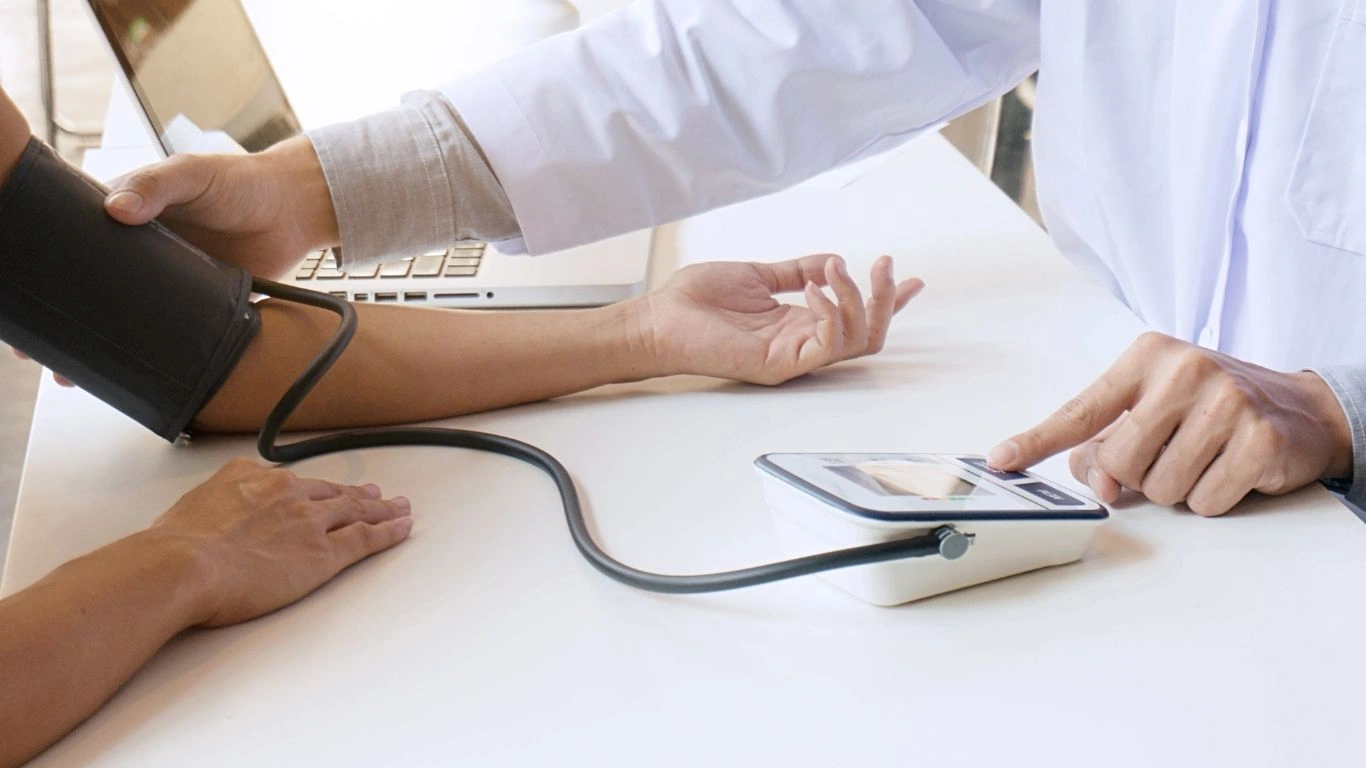
2. Get Moving with Exercise
Exercise is one of the best things you can do for both stress and blood pressure. Physical activity releases endorphins—those “feel-good” hormones that can reduce stress and boost your mood. Plus, regular exercise helps strengthen your heart and improve blood flow, which lowers blood pressure over time. You don’t have to go crazy at the gym—simple activities like walking, swimming, or yoga can make a huge difference. Aim for at least 30 minutes of moderate exercise most days of the week.

3. Try Meditation or Mindfulness
Meditation and mindfulness practices are fantastic for reducing stress. Taking just 10–15 minutes a day to meditate or practice mindfulness can help you focus on the present moment and break the cycle of stress. Research has shown that meditation can lower blood pressure by promoting relaxation and reducing anxiety. If you’re not sure where to start, try apps like Headspace or Calm for guided meditation sessions. They’re great for beginners and can help you create a daily routine.
4. Cut Back on Caffeine
Caffeine is a known stimulant, which can temporarily raise your blood pressure. If you’re already stressed, that extra cup of coffee might not be doing you any favors. Cutting back on caffeine or switching to herbal teas can help lower your stress levels and keep your blood pressure in check. If you love your morning coffee, try limiting your intake to one or two cups a day, and see how it affects your stress and blood pressure.
5. Get Enough Sleep
Lack of sleep is a major stressor, and it can also affect your blood pressure. When you don’t get enough rest, your body has a harder time coping with stress, and your blood pressure can rise. Aim for 7-9 hours of quality sleep each night. Create a bedtime routine, avoid screens before bed, and keep your bedroom cool and dark to promote better sleep. Your body—and your blood pressure—will thank you!
6. Stay Socially Connected
Spending time with loved ones, friends, or even pets can be a great stress reliever. Social connections help you feel supported, reduce feelings of loneliness, and keep you grounded during stressful times. Plus, sharing a laugh or just talking things out can do wonders for your stress levels. If you’re feeling overwhelmed, reach out to someone close to you for a chat. Even a short conversation can help lower your stress and blood pressure.
7. Reduce Your Salt Intake
If high blood pressure is a concern for you, cutting back on salt is one of the most effective changes you can make. High salt intake can cause your body to retain water, which can increase blood pressure. Be mindful of processed foods, canned soups, and fast food, which are often loaded with salt. Opt for fresh foods, and use herbs and spices to flavor your meals instead.
8. Practice Progressive Muscle Relaxation
Progressive Muscle Relaxation (PMR) is a technique where you tense and then relax each muscle group in your body. It helps reduce tension and stress, leading to a decrease in blood pressure. You can start with your toes and work your way up to your head, tensing each muscle for about 5 seconds before relaxing. This technique is simple and can be done anywhere—whether you’re at home, at work, or even on the go.
9. Try Aromatherapy
Certain essential oils, like lavender, have been shown to reduce stress and lower blood pressure. You can use a diffuser, add a few drops to a warm bath, or even inhale directly from the bottle to reap the benefits. Aromatherapy is a relaxing and soothing way to manage stress, and it’s super easy to incorporate into your daily routine.
10. Stay Hydrated
Dehydration can contribute to higher blood pressure, so it’s important to drink enough water throughout the day. Aim for 8-10 cups of water daily (more if you’re active or in a hot climate). Staying hydrated helps keep your blood vessels working properly, which supports healthy blood pressure levels.
Conclusion
Managing stress and lowering blood pressure doesn’t have to be complicated. By incorporating some simple habits like deep breathing, exercise, and mindfulness, you can make a huge difference in how you feel both mentally and physically. Remember, it’s all about finding what works best for you and making those small adjustments that lead to long-term benefits. So, take a deep breath, relax, and start incorporating these tips into your daily life today!
Appendices
FAQs
- Can deep breathing exercises really lower blood pressure? Yes! Deep breathing helps calm your nervous system, which can reduce stress and lower blood pressure.
- How much exercise do I need to lower my blood pressure? Aim for at least 30 minutes of moderate exercise most days of the week. Activities like walking, swimming, or biking are great options!
- Does caffeine raise blood pressure? Yes, caffeine can temporarily raise blood pressure. Try cutting back if you’re trying to lower your blood pressure.
- Can meditation really help with stress? Absolutely! Meditation helps you focus on the present moment, reducing stress and lowering blood pressure.
- Is sleep important for lowering blood pressure? Yes, getting enough sleep is crucial for managing stress and keeping blood pressure at healthy levels.
References
- American Heart Association. (2024). Tips for Reducing Stress and Lowering Blood Pressure. Read Article
- National Institute of Mental Health. (2023). Coping with Stress: A Guide to Reducing Stress and Managing Blood Pressure. Read Article
Disclaimer: The information in this article is intended for informational purposes only and should not replace professional medical advice. Always consult your healthcare provider before making any significant changes to your lifestyle, especially if you have existing health conditions.





